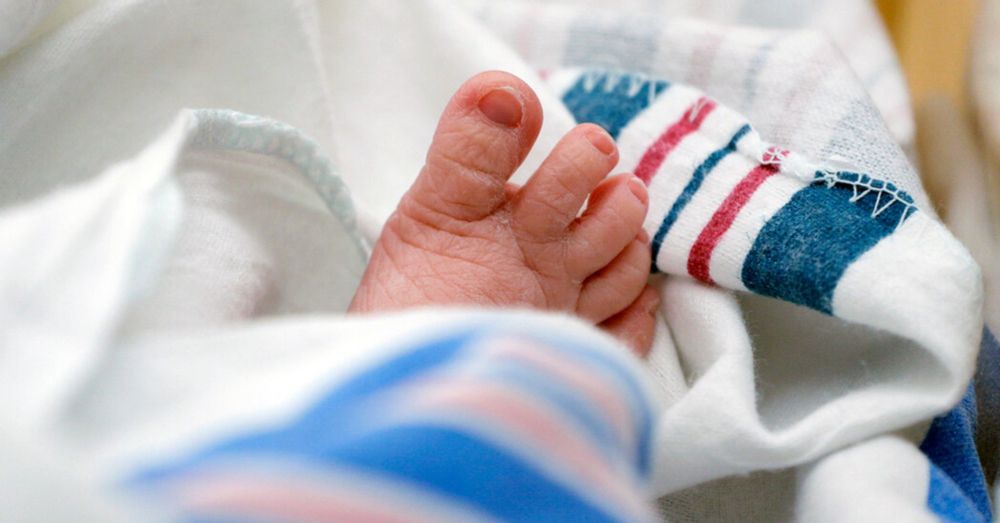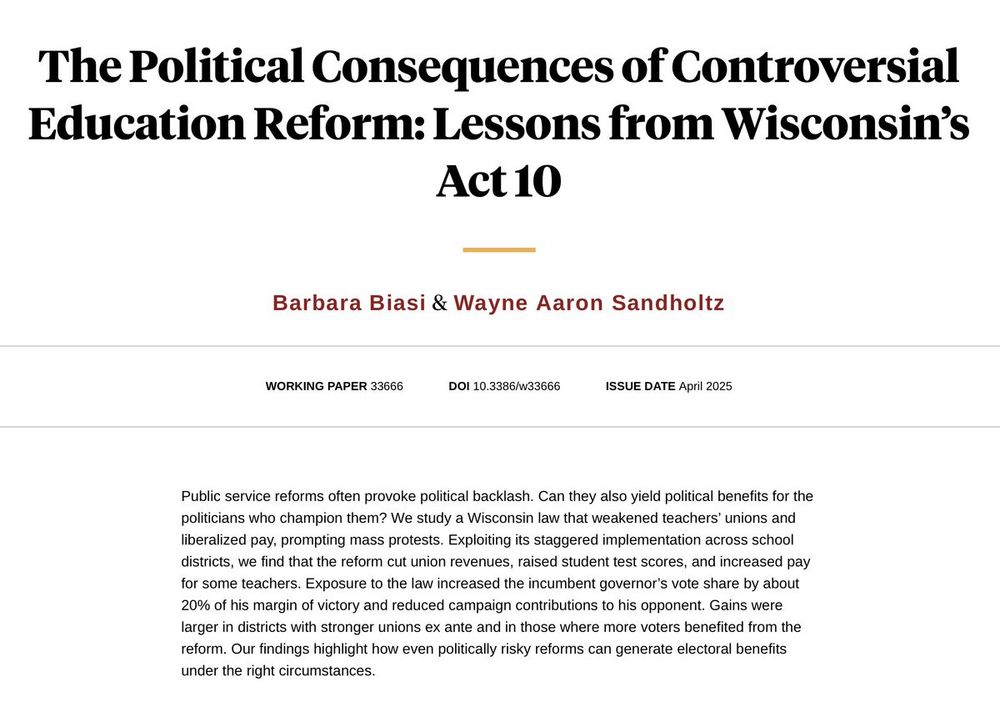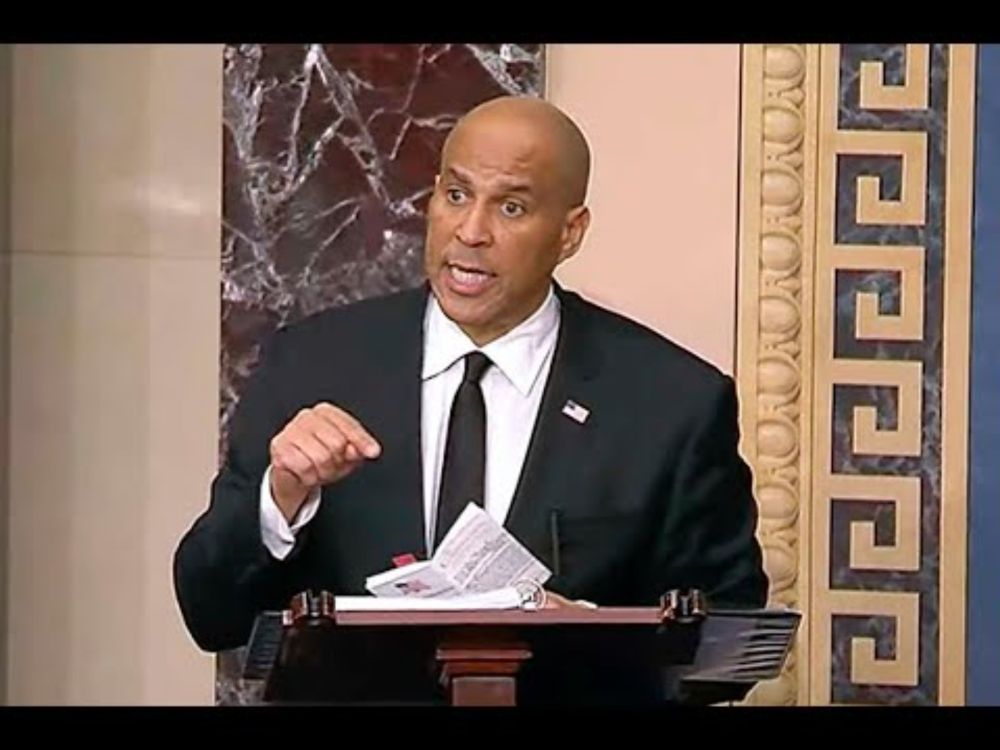Barbara Biasi
@barbarabiasi.com
5.2K followers
120 following
64 posts
Econ Assistant Prof at Yale SOM. Education, innovation, gender. Born & raised in Monopoli, Italy. Mom of 3.
Posts
Media
Videos
Starter Packs
Barbara Biasi
@barbarabiasi.com
· Aug 16
Barbara Biasi
@barbarabiasi.com
· Jun 26
Barbara Biasi
@barbarabiasi.com
· Jun 26
Barbara Biasi
@barbarabiasi.com
· Jun 26
Barbara Biasi
@barbarabiasi.com
· Jun 26
Barbara Biasi
@barbarabiasi.com
· Jun 26
Barbara Biasi
@barbarabiasi.com
· Apr 23
Barbara Biasi
@barbarabiasi.com
· Apr 9
Barbara Biasi
@barbarabiasi.com
· Apr 7
Barbara Biasi
@barbarabiasi.com
· Apr 7
Barbara Biasi
@barbarabiasi.com
· Apr 7
Barbara Biasi
@barbarabiasi.com
· Apr 7
Barbara Biasi
@barbarabiasi.com
· Apr 7
Barbara Biasi
@barbarabiasi.com
· Apr 7
Barbara Biasi
@barbarabiasi.com
· Apr 7
Reposted by Barbara Biasi
Todd Jones
@toddrjones.bsky.social
· Mar 21








